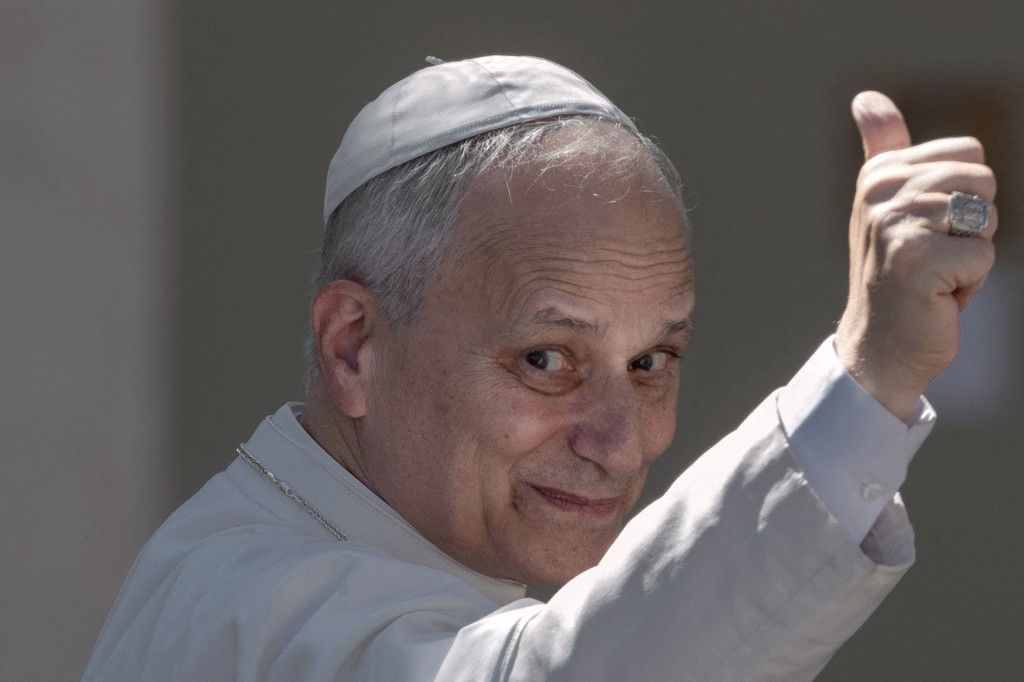The Vatican is preparing to announce the first foreign trip of Pope Leo XIV, scheduled for late November, to Turkey and Lebanon. The visit carries profound spiritual, political, and historical symbolism—particularly for Lebanon, a nation that, despite its wounds, still stands out as an exception in the Middle East.
Turkey: Returning to Nicaea
The Pope’s first stop will be Turkey, where he will take part in the commemoration of the 1700th anniversary of the First Council of Nicaea (325 A.D.), a landmark moment in Christian history. Beyond its theological significance, the event highlights a message of unity between East and West, reinforced by cooperation between the Holy See and the Ecumenical Patriarchate of Constantinople. The commemoration will also coincide with the anniversary of Patriarch Bartholomew I’s enthronement on November 29.
Lebanon: Symbolism of the Exception
The second stop, Lebanon, brings an entirely different dimension to the papal journey. The visit is not just a step onto a land battered by wars and divisions but an affirmation of Lebanon’s enduring role as a “laboratory” for coexistence among Judaism, Christianity, and Islam. The symbolism is especially poignant given that Lebanon is the only Arab state in the Middle East led by a Christian president, despite a century of geopolitical upheaval.
From the Mutasarrifate to Greater Lebanon
Lebanon’s Christian leadership roots trace back to the 19th century with the establishment of the Mutasarrifate system (1861–1918) under international supervision, which gave Christians a central role in governance. This foundation was strengthened when General Henri Gouraud declared the creation of “Greater Lebanon” in 1920, and further entrenched after independence in 1943, when the National Pact institutionalized a unique power-sharing formula between Muslims and Christians.
The Cedar’s Sacred Symbolism
The cedar tree, Lebanon’s eternal emblem, transcends its ecological importance to embody sacred symbolism. The Bible proclaims: “The righteous shall flourish like the cedar of Lebanon” (Psalm 92:12), evoking strength, endurance, and grandeur. The First Book of Kings recounts how King Hiram of Tyre supplied cedar wood to King Solomon for building the Temple in Jerusalem—an enduring testament to Lebanon’s role as a spiritual and material bridge for civilizations.
This symbolism underscores that Lebanon’s pluralism has never been confined to Christianity and Islam; it once included a Jewish presence as well, reflecting the country’s identity as a crossroads of religions and traditions.
Fragile Independence, Enduring Message
Since independence, Lebanon has been repeatedly tested by fragile sectarian balances—sometimes through internal rivalries, at other times through external conflicts that fueled civil wars. Despite its political turmoil, the Christian presidency has endured as a symbol of Lebanon’s unique message to the region.
Pope John Paul II once said, “Lebanon is more than a country, it is a message.” Pope Leo XIV’s upcoming visit seeks to revive this very notion—at a time when pessimism, cautious optimism, and outright despair coexist uneasily across the nation’s 10,452 square kilometers.
Lebanon: A Tired but Living Message
Ultimately, the Pope’s presence on Lebanese soil will serve as a whispered reminder to the world: this small country, despite its storms, has not abandoned its mission nor its faith in coexistence. Each stone in its mountains carries a tale of resilience; every church and mosque echoes a shared prayer rising heavenward.
This will not be a routine protocol visit. Rather, it is a moment to remember that Lebanon—though burdened by crises—remains a beacon of hope, a land still searching for salvation through joined hands rather than clashing fists.
And while the ebb and flow of Lebanon’s political tides often seem more turbulent than the Mediterranean itself—disturbed by leaders who, across history, have surfed Ottoman, Arab, Persian, European, and American currents to their own ends—the full glass lies in the steadfast cedar. Standing tall between Bsharri and Deir al-Ahmar, it watches like a guardian over the nation’s restless shores, keeping chaos in check, embodying Lebanon’s eternal struggle and promise.
Please post your comments on:
[email protected]
 Politics
Politics







